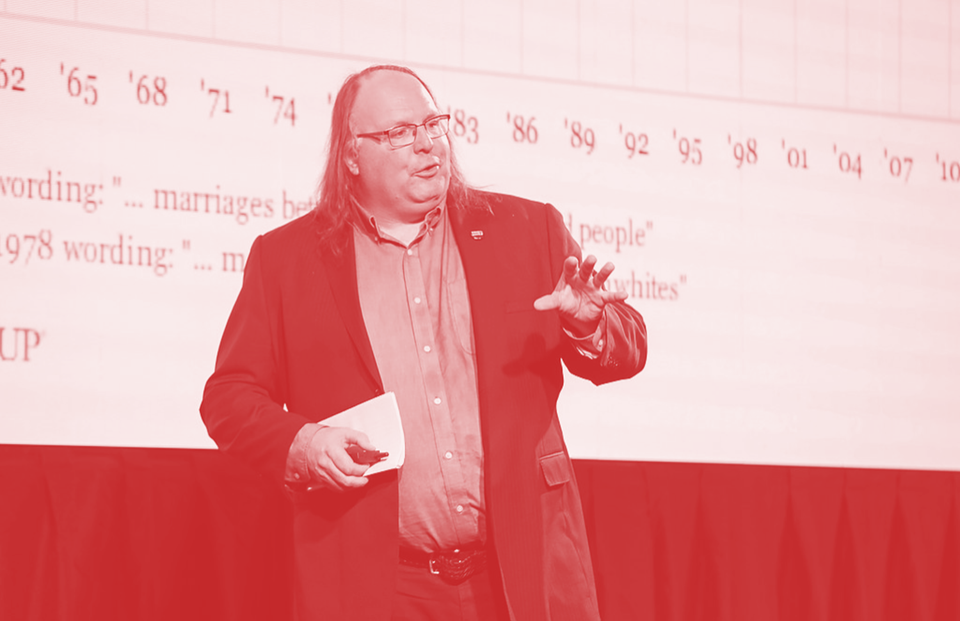The future of Section 230, a new taxonomy for social media and a call for TrustCon

Hello and welcome to Everything in Moderation, your weekly catch-me-up on content moderation and online speech from around the world. It's written by me, Ben Whitelaw and supported by members like you.
This week, as the highest court in the US began hearing a case that could change the internet (and content moderation) as we know it, I was busy running for flights and being ill. Somewhat telling, I thought. If there's any must-read analysis that I've missed, drop me a line and I'll include them in next week's newsletter.
Hopefully, new EiM subscribers can count on a clean bill of health; welcome to folks from Unitary, Bumble, Google, Internet Freedom, ActiveFence, Atlantic Council and elsewhere. And stay safe out there.
Here's everything in moderation this week — BW
Policies
New and emerging internet policy and online speech regulation
All eyes turned to the US Supreme Court this week as oral arguments were heard in the Gonzalez vs Google case regarding whether YouTube's algorithms are protected by Section 230 in the event that they recommend illegal content. If you missed it, Corbin K. Barthold of Tech Freedom has a detailed 109-tweet thread with the key exchanges and quotes.
One theme that has emerged already is the Court's unsuitability to decide on the future of the web: Vox noted that the Justices' deemed themselves as “not the nine greatest experts on the internet" while Axios published a round-up of actual experts' concerns for what might happen next.
That's led to a feeling, shared by Casey Newton at Platformer, that it's unlikely the justices will side with the plaintiffs. But we'll have to wait and see: the case will continue until the summer.
